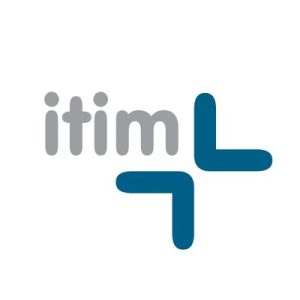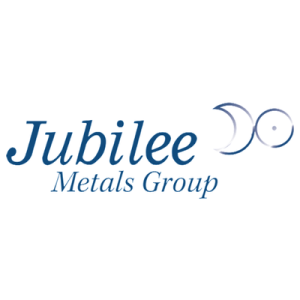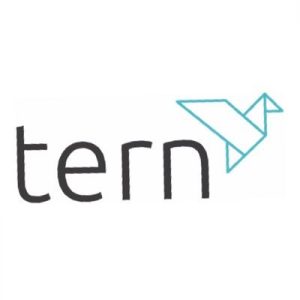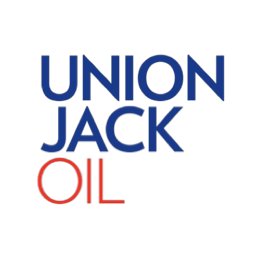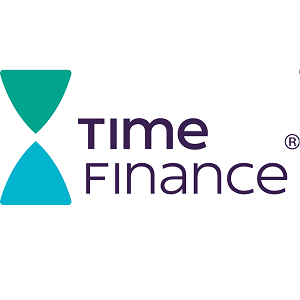Non-Standard Finance plc (LON:NSF) 1H’20 results reflected the pain from COVID-19, with i) less volume, ii) changes to business models, and iii) higher impairment, including an increased weighting of a severe macro downside, increasing IFRS9 cyclical impairment charges. Despite these pressures, both the branch (ELD) and home collect (HCC) businesses were profitable. A young customer demographic meant the guarantor loan division (GLD) was most impacted, with COVID-19 effects compounded by the recent FCA review in 2H’20. NSF is a going concern (end-September cash £70m), and the largest shareholder appears supportive of an equity raise post the FCA review.
- Potential equity raise: NSF’s largest shareholder is currently supportive of an equity raise once the FCA review completes, which would be transformative for the group. Timing is uncertain, as the FCA has yet to review the proposals for redress, and the company is embargoed from discussing further details.
- Going concern: NSF’s going-concern statements will attract significant investor interest. It is cash-rich, but is likely to breach covenants within 12 months, even in its base scenario. Lenders appear supportive, but material downsides from the base case would require waivers beyond those currently being discussed and/or an equity issue to strengthen the balance sheet.
- Valuation: Normal valuation approaches need to be treated with caution, given the level of uncertainty the group faces. We believe it is probable that any outturn will be binary ‒ either the stress scenario (share value likely to nil) or a base case ‒ in which case they will be a multiple of the current price.
- Risks: The key risks are i) the impact of current COVID-19-affected customers on trading performance, ii) the potential future impact of COVID-19, iii) the final cost of the GLD redress programme, iv) the outcome of lender discussions, and v) the support of Alchemy in completing an equity raise.
- Investment summary: Assuming Non-Standard Finance trades through the short-term uncertainty, substantial medium- and long-term value should be created, as i) demand for, and pricing of, non-standard finance is likely to be strong following the fallout from the COVID-19 crisis, ii) NSF has substantial committed medium-term debt funding, iii) competitors have withdrawn (and potentially more may do so), and iv) deleveraging will yield significant interest cost savings.



